Bobcat
Lynx rufus
Status: Secure
Bobcats are about twice the size of a house cat, and although they look similar to cats, they have a few noticeable differences. This species gets its name from its tail since it looks cut or “bobbed.” The bobcat weighs between 20 to 30 pounds and has an average height of 2 feet. The fur of bobcats is often brownish red and usually marked by stripes or spots that are dark brown. Bobcats have long legs, large paws and tufted ears (bunches of feathers on their ears). Humans rarely get to see bobcats during the daytime since they are nocturnal (active during the nighttime) animals.
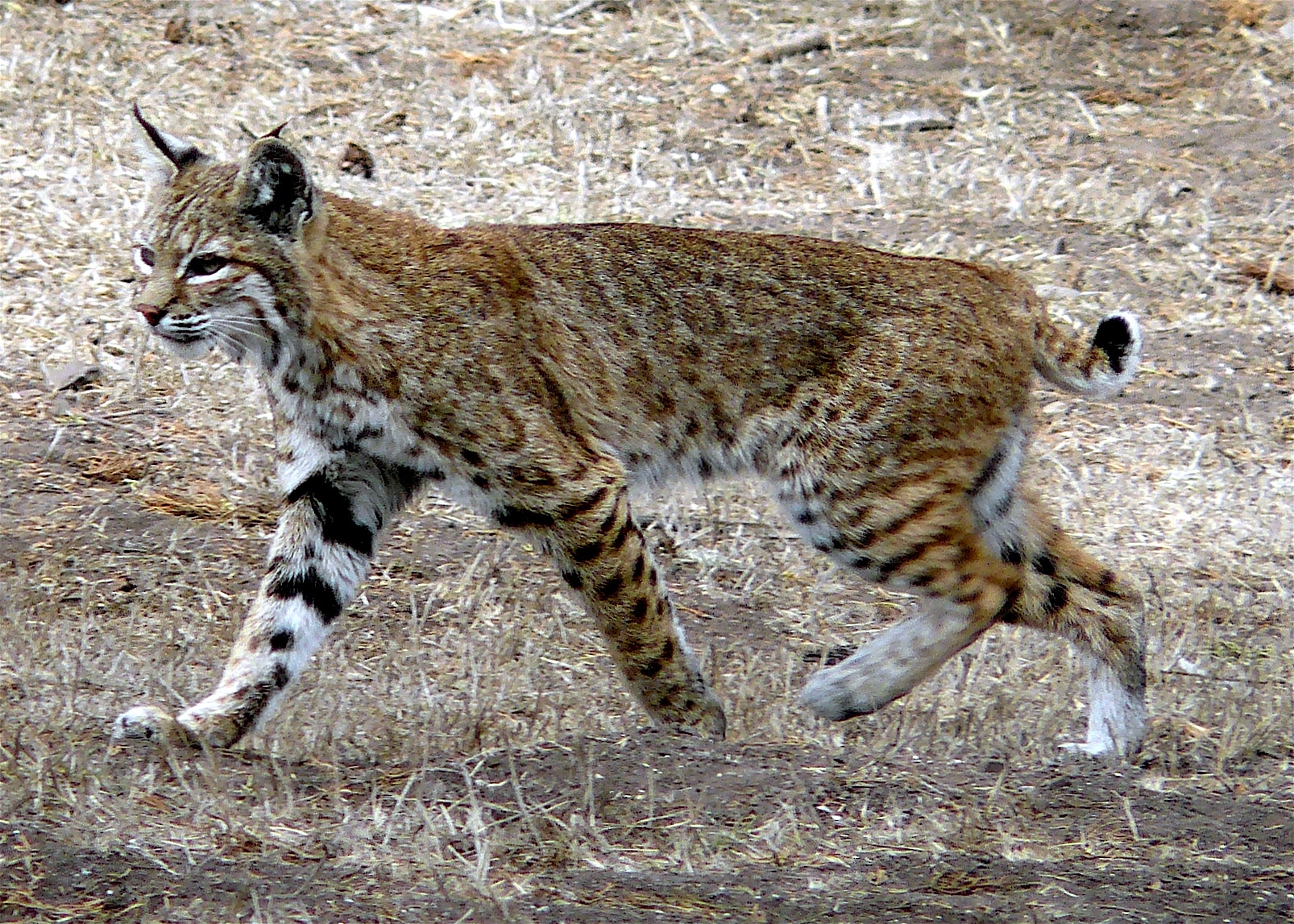
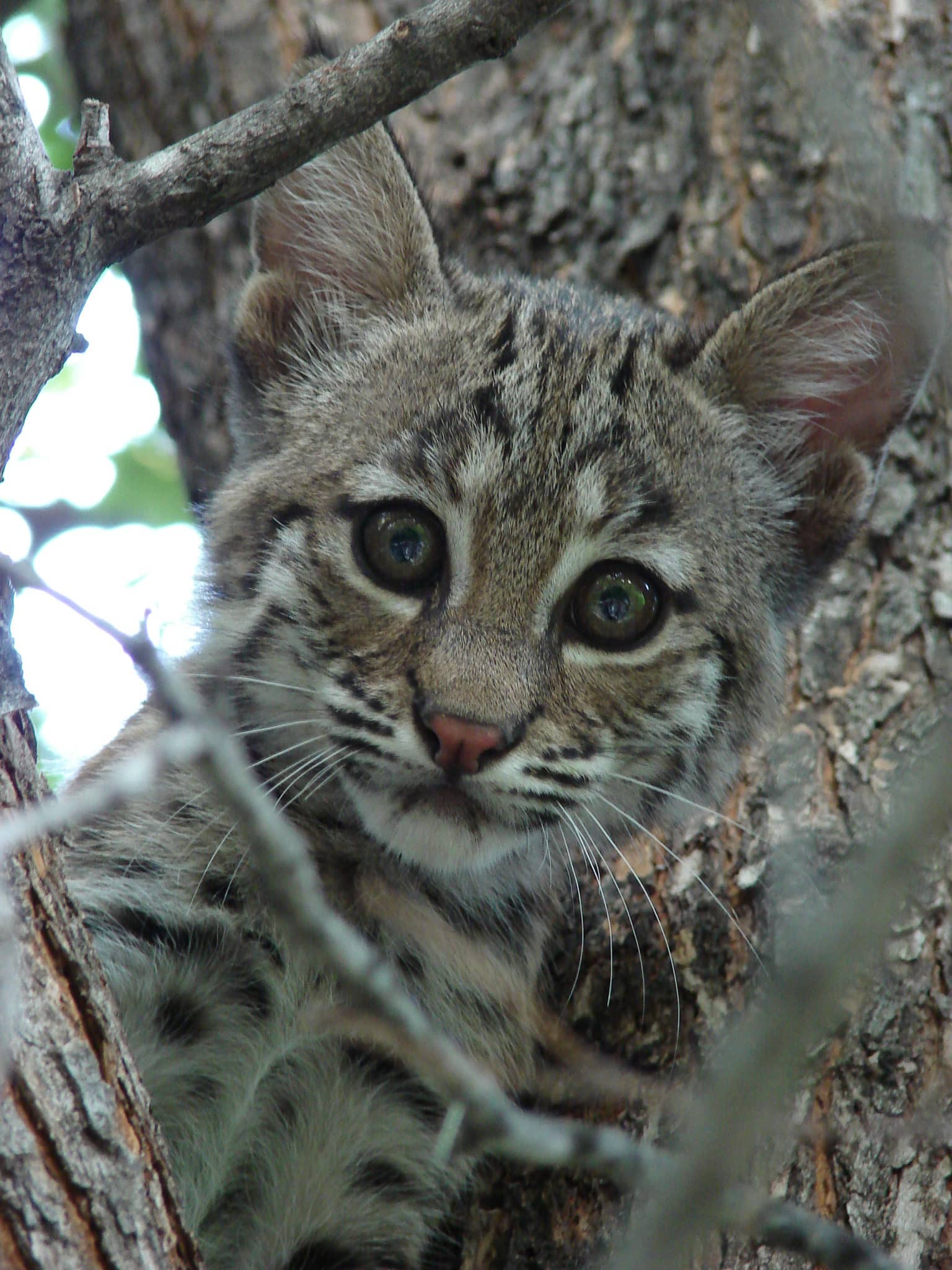
Habitat & Range
Bobcats are found all over the United States, Southern Canada and parts of Mexico. They have a variety of habitats they can live in that includes swamps, deserts, scrublands, mountains and forests.
Food Web & Energy Flow
Bobcats are carnivores since they only eat meat. The diet of Bobcats consists of rabbits, hares, mice, squirrels, snakes, small deer, and even some domestic animals. In some cases, if a bird is flying low the bobcats can leap in the air and catch the bird.
Bobcats are considered secondary consumers and their main predators include cougars and wolves.
Relationship to Fire
Bobcats are indirectly impacted by a decline in prescribed fires. Since their diet consists of primary consumers, they rely on the forest floor to help them hide out when stalking their prey. The frequent fires help clear space and provide adequate sunlight to promote plant growth.
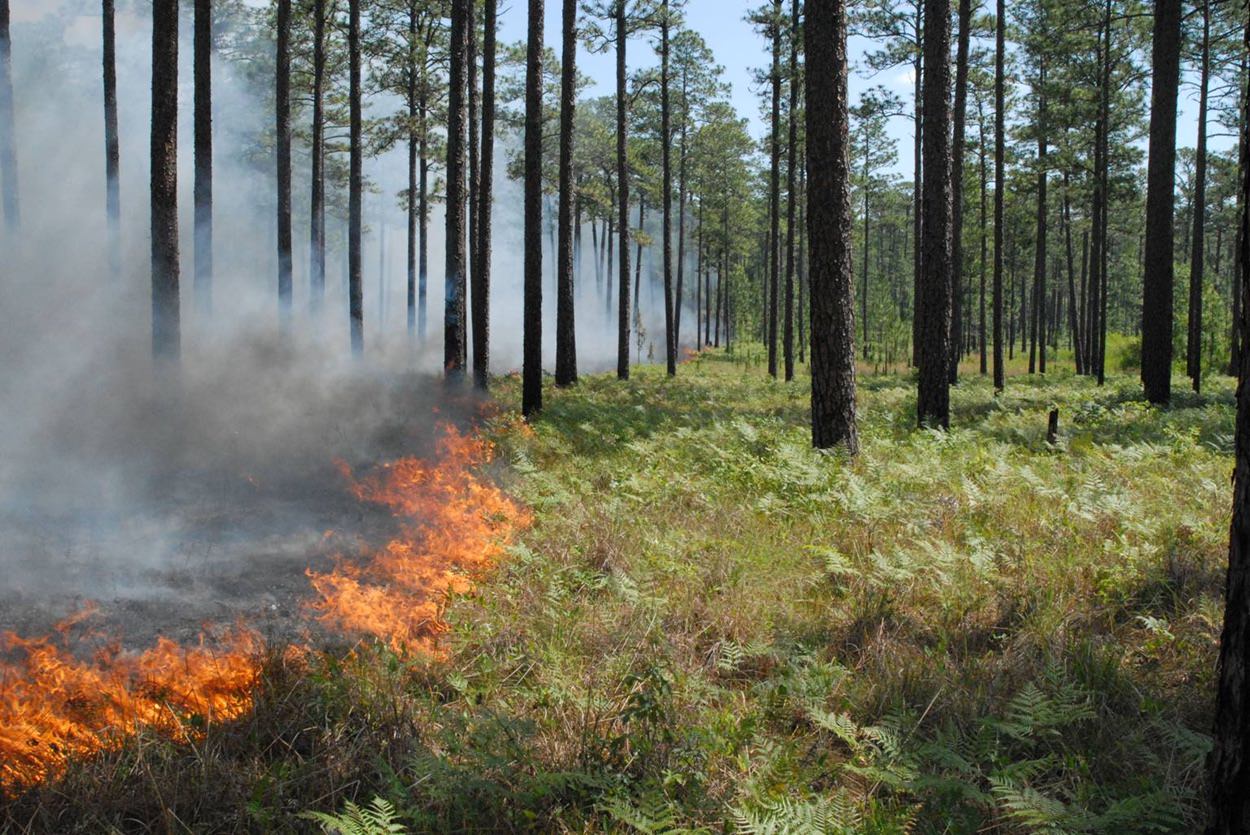
Human Impacts/ Threats
Land Use Conversion
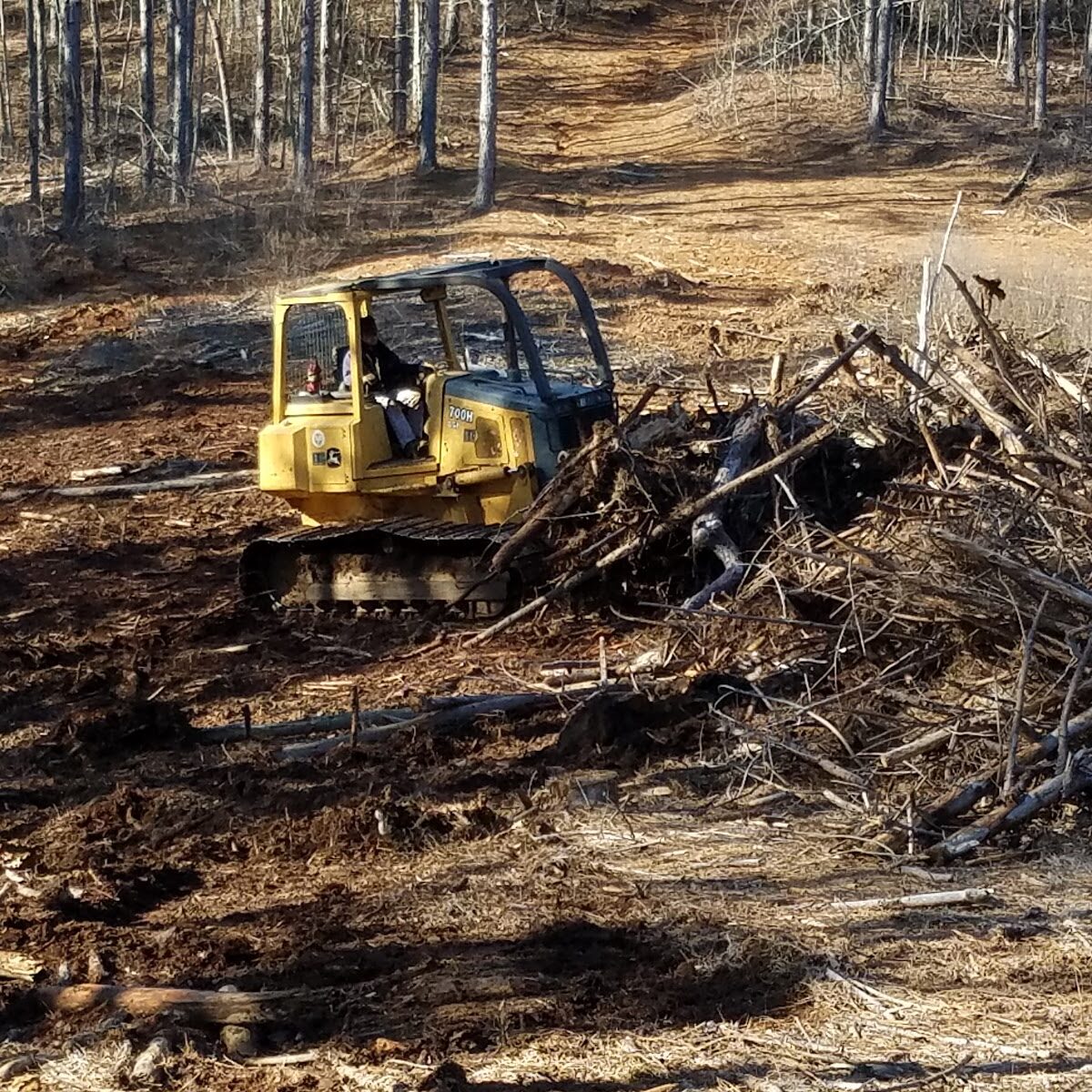
Ideal habitat area this species is being converted into land for houses, roads, agriculture, or even to grow different types of trees to sell.
Fire Suppression
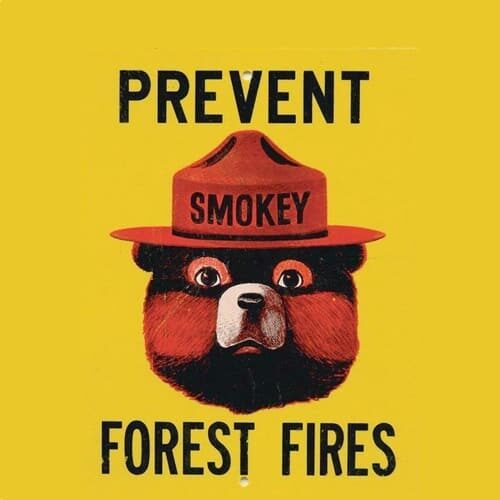
Many people have been raised to think of all fires in the forest as bad, so they go to a lot of effort to prevent or suppress them. But longleaf forests NEED fire!
Poaching
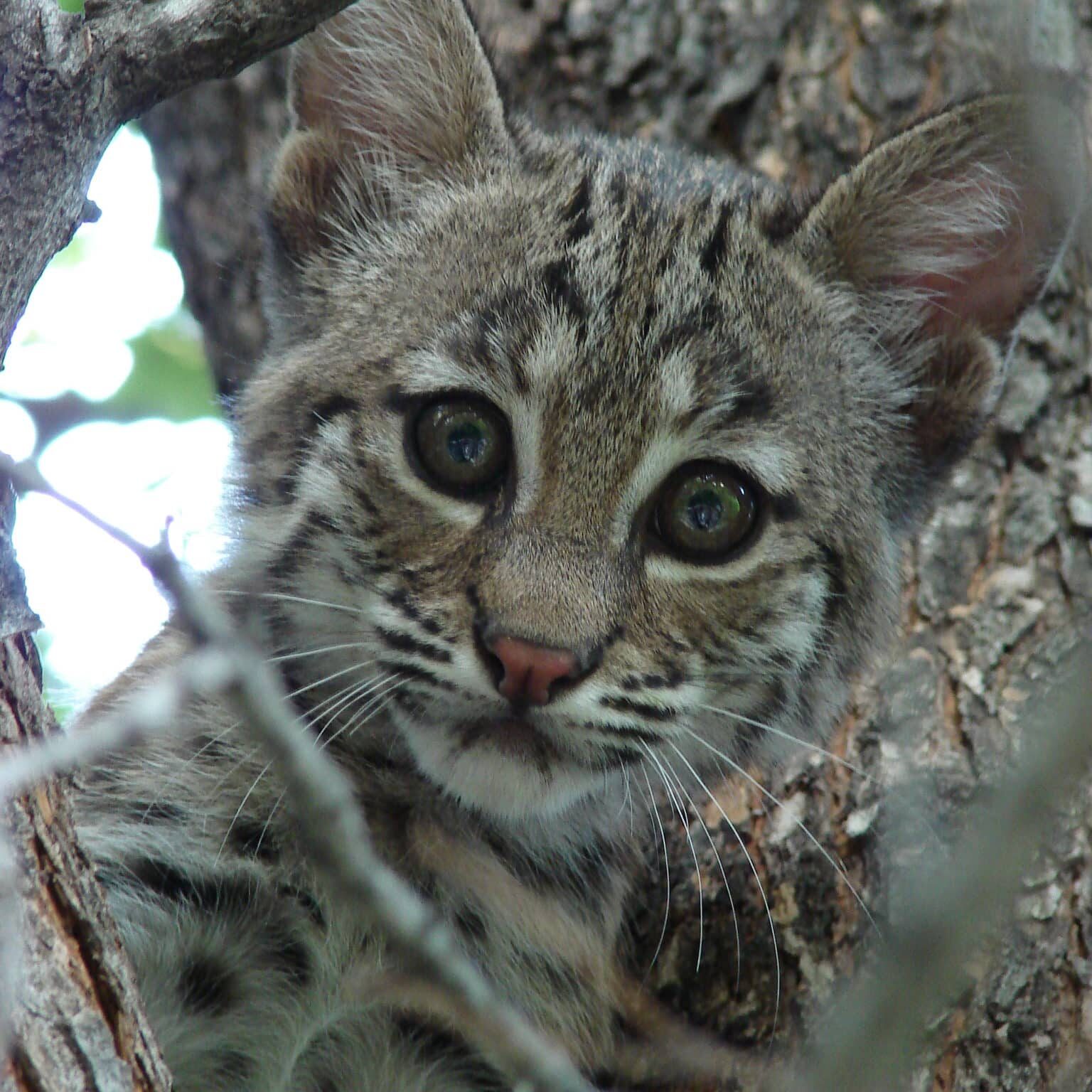
Bobcats were hunted and trapped for their pelt. In some cases their pelt was illegally sold and eventually caused the population to slightly decline.
Mining
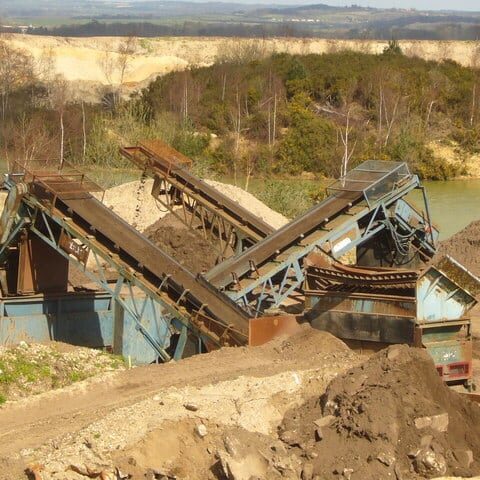
In areas of this species' range, people have found gravel deposits that requires mining to collect and sell. Mining affects groundwater levels, which can harm bog habitats.
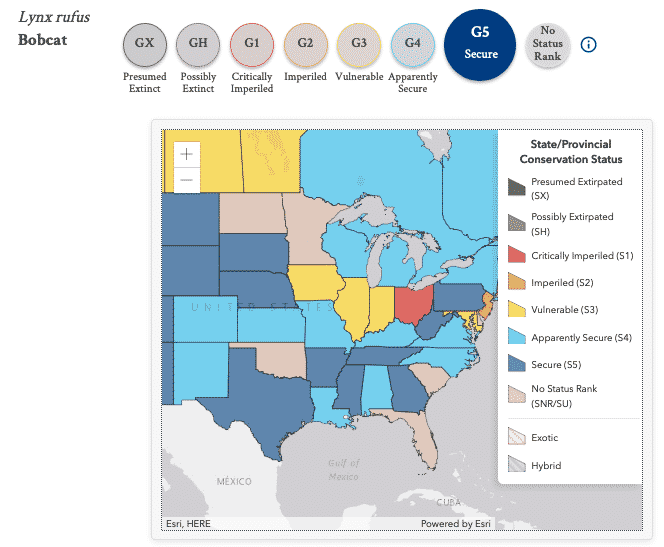
Conservation Status
Bobcats are found in various places in North America. On the map, it shows how the Bobcats are under different levels of pressure in different states, but overall they are considered Secure.
Resources
Smithsonian’s National Zoo & Conservation Biology Institute. Bobcats
National Geographic. Photo Ark
American Expedition. Bobcat Facts
